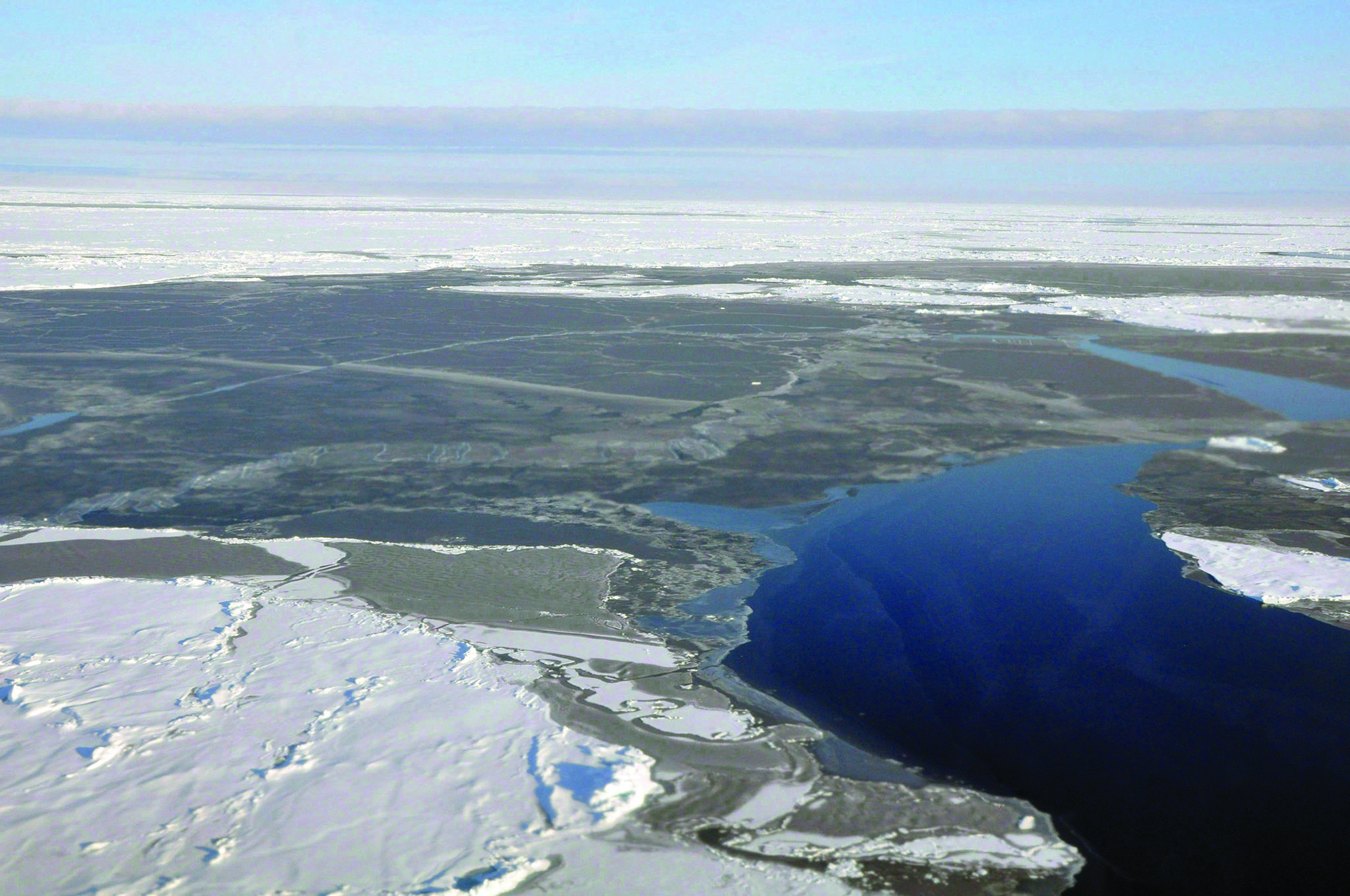Our planet is changing fast. The reality is that climate change is a part of our daily lives. People of the global majority, communities that rely on traditional foods and practices, and communities in the Arctic are seeing and experiencing these changes in a dramatic way. Most profoundly, Alaska and the Arctic are experiencing food scarcity, contaminated traditional foods, changing weather patterns that impact subsistence hunting and jeopardizing access to food, and witnessing stronger and menacing weather systems.
Another critical concern is how a warming climate and increased mobilization of persistent organic pollutants (POPs), rates of global distillation and deposition in the Arctic, are expected to accelerate — causing large-scale ecological consequences and increasing health risks for people. Moreover, global change scientists predict that accelerated melting of polar snow, ice, and permafrost will mobilize sequestered contaminants and enhance air-to-sea exchange, rendering greater bioavailability of contaminants within arctic food webs.
Arctic sea ice is also a major global sink for microplastic particles. The abundance of microplastics found in a recent study was substantial, ranging from 38 to 234 particles per cubic meter of ice. Microplastic concentrations found in this study are several orders of magnitude greater than those reported in Atlantic waters north of Scotland or in waters of the North Pacific Subtropical Gyre (Obbard et al 2014). Plastics in the environment leach toxic additives as well as concentrate chemicals that are already in the environment, making them a source of human exposure and harm to health (CIEL, Plastics and Health, 2019).
Sens. Lisa Murkowski and Dan Sullivan, we urge you to prioritize climate change and its impacts to public health for Alaskans, particularly for Alaska Native citizens that are facing the biggest challenges. We want to hear from you! As our representative in Congress, we the people want you to take immediate action and to be the leader of a just transition to tackle this climate emergency. We need heroic measures and bold voices as we move away from the reliance on finite non-renewable resources like oil and gas to sustainable practices, incentives for the use of renewable resources and the promotion of deeper democracy.
— Samarys Seguinot Medina, Anchorage

